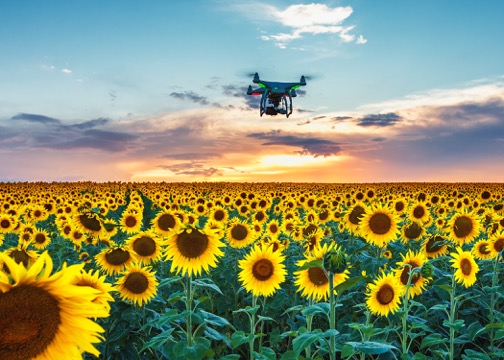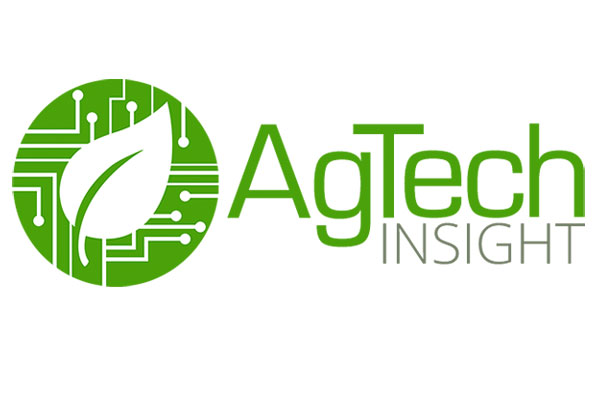Teaching Ag Technology in High School
Lemoore High School Launching Ag Technology Program
By Tim Hammerich, with the Ag Information Network
A new agricultural technology program is launching at Lemoore High School by Ag Teacher Shane Souza.
“The next level of maintenance mechanic or agricultural mechanic is going to be part welder, port electrician, part mechanic, and then part computer programmer,” said Souza.“So they’re going to have to deal with so many of the new technologies that we’re finding in ag nowadays.”
Souza would know. He spent the first part of his career working in industries such as dairy processing and energy. He pivoted his career to teaching ag after noticing how hard it was to find employees with relevant skills. Now he’s building a program that combines traditional ag mechanics with automation, robotics, and computer programming.
“I teach Ag Mechanics 1 and Ag Mechanics 2, which is the entry-level intro class, and then the ag mechanics do is the intro to welding, just because those skills are so universal, no matter where you go. And then the students have a choice,” noted Souza. “They can either continue going on with welding and fabrication or they’re going to branch off and they’re going to go into the ag technology side.”
Souza plans to develop relationships with local employers looking for these skills to create post-graduation opportunities for students. One of his ag technology courses even allows for college credit through a dual enrollment program with West Hills College.
“Agriculturalists were the original engineers. You know, they found ways on farms to help make their lives easier or more efficient. And I push that hard with my kids that, you know, everyone’s an engineer,” noted Souza. “If you’ve ever found a way to make something easier, you need to find a way to do that. And agriculture is no exception to that at all.”


















